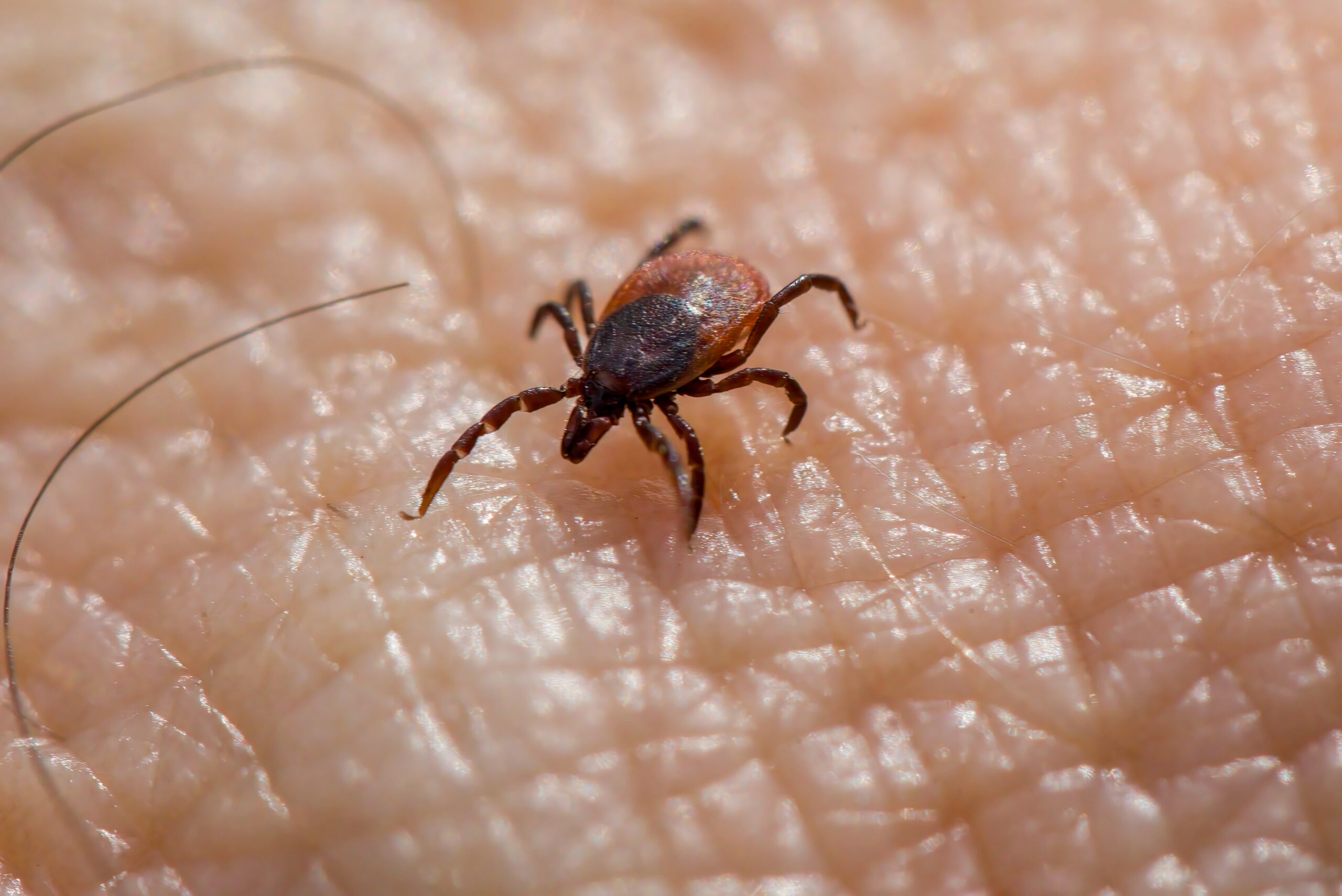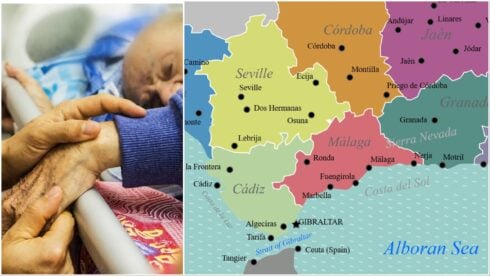By Brandon Cheevers
A FATAL disease that causes multiple organ failure in sufferers and kills more than a third of its victims has struck again in Spain.
It’s the second time in around eight weeks that someone has tested positive for the Crimean-Congo haemorrhagic fever virus (CCHF).
A 63-year-old man is in isolation in a military hospital in Madrid, where he is under observation after being bitten by a tick carrying the virus.
It follows the case of a 70-year-old man who tested positive in May, and others dating back several years.
Both men are believed to have been bitten by ticks in Salamanca in the northwest of the peninsula.
It follows warnings from both the World Health Organisation (WHO) and the UK’s Health Security Agency (UKHSA) about the risks to public health of the CCHF virus and other diseases for people living in Spain and the rest of Europe.
In an address a few weeks ago, the WHO stated that new diseases are emerging in European countries that had never before been seen there, borne by mosquitos and ticks spreading to warmer climates.
Europe is the fastest-warming region on the planet, which will cause diseases such as dengue, malaria, West Nile fever and tick-borne encephalitis to become more commonplace on the continent, says the organisation.
The two cases of CCHF this year in Spain follow 16 more going back to when the disease was first reported here in 2016.
Most infections have been logged in the Castilla y Leon region, of which Salamanca is a part, as well as in Extremadura and Cordoba, and six people have died.
The disease is usually contracted through ticks that have bitten infected animals, but it can be transmitted directly from human to human, hence the importance of quarantining affected persons.
It causes fever, diarrhoea, bleeding and ultimately organ failure in some sufferers.
Up to 40% of people who have contracted the disease go on to die from their symptoms, according to the WHO, which lists blood, semen and other bodily fluids as ways of transmitting the illness between humans.
READ MORE:
Click here to read more Health News from The Olive Press.








